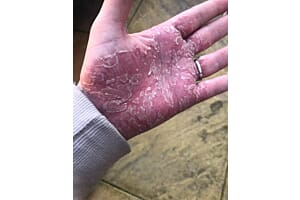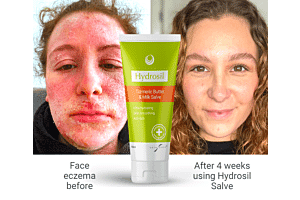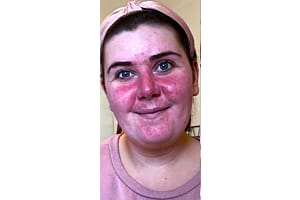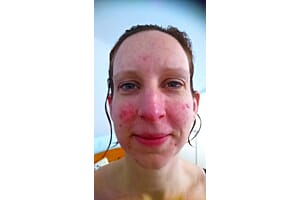Question: I understand that drinking enough water is important for every aspect of one’s health, however, advice seems to vary on the subject. Can you help?
16 September, 2008 – 16:28
Answer: It is easy to become dehydrated without realising. By the time you feel thirsty, you've probably already lost two or more cups from your total body water.
In cold weather we lose moisture from our bodies because we lose more heat and so increase our respiratory evaporation. Humans lose a pint or more of water every day simply by breathing and this amount increases in cold weather.
Between 55 and 75 percent of adult body weight is water and research has shown that proper hydration may minimise chronic pains such as rheumatoid arthritis, lower back pain, migraines, and colitis as well as lower cholesterol and blood pressure.
The average adult only consumes six cups of water a day. This is well below the recommended 1.5 to 2 litres.
Here are some signs that will tell you if you are dehydrated:
1. Headaches The brain is 75% water so even moderate dehydration can cause headaches and dizziness.
2. Lethargy and lack of concentration - These symptoms can be linked to a sluggish liver. The more water you drink, the more efficiently the body can detoxify.
3. Dark, pungent urine - One of the main jobs of the kidneys is to filter the waste products out of the blood. If you don¹t have enough water in your body, then the waste products coming from the kidneys are more highly concentrated making the urine darker.
4. Urinary infections - When waste laden urine sits in the bladder, it makes it more susceptible to bacterial infection.
5. Dry mouth Saliva is made up almost entirely of water.
6. Constipation - The main cause of constipation is dehydration through lack of fluid in the intestine.
7. Bad breath - Bacteria builds up in the mouth because waste products that are normally washed out of the body are left in a higher concentration in the throat and mouth.
8. Higher temperature - Dehydration impairs the body's inability to dissipate heat and so can cause an elevated internal body temperature.
9. Ashen skin - Due to a reduction in blood plasma through lack of water (blood is made up of 92% water), blood flow to the skin may also be decreased causing a grey or pale complexion.
10. Decreased skin elasticity - This is a sign of severe dehydration because there is literally not enough water in your body to feed the skin cells which give your skin its elasticity.
To re-hydrate:
1. If you can bear it, try drinking a glass of warm water as soon as you wake up as it is absorbed more quickly than cold water.
2. Avoid tea and coffee and alcohol as drinks containing caffeine and alcohol can further dehydrate you.
3. Drink about two litres of water throughout the day in small doses. If you drink lots of water at once you will not absorb it and it will simply pass through you.
4. Avoid salty snacks likes crisps and peanuts, as salt accelerates dehydration.
5. Take an oral re-hydration sachet, such as Dioralyte before you go to sleep so that your body gets a boost before the 8-hour stretch without water.







